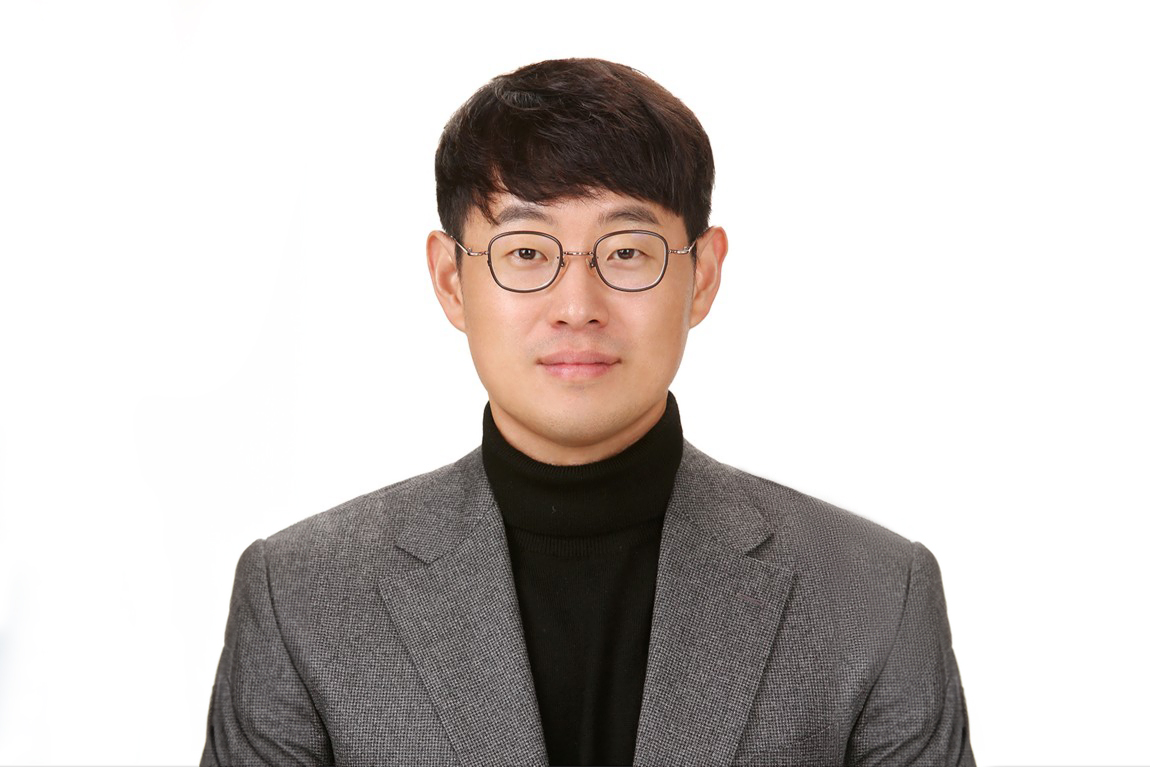Discover HKBU
Where the stars still shine
30 Aug 2023
“Do former star performers become superior managers?” This question spurred Dr Jongsoo (Jays) Kim, Assistant Professor of the Department of Management, Marketing and Information Systems, on a quest to find out more, and the research on strategic human capital is richer for it.
“The study was motivated by my curiosity on whether former star players turned managers were superior to non-superstar players who became managers. As a big baseball and soccer fan, I wanted to know how likely former star-level employees are going to be promoted to managerial positions compared to their peers,” says Dr Kim, whose study, “Where the stars still shine: Some effects of star-performers-turned-managers on organisational performance”, was published in the Strategic Management Journal.
Using performance data from a professional sports league, Dr Kim’s study found that organisational performance is greater under star-performers-turned-managers (SPTMs) than other managers. Inspiring their team as role models and having an outstanding ability to train, motivate and incentivise their team members are cited as the main reason and what differentiates the SPTMs from the rest (i.e., non-SPTMs).
Strategically having SPTMs in managerial roles is a shrewd move. The study further observed that their prior stardom is conducive to inspiring role modelling, better training and incentivising the team, provided that the team members understand and appreciate their SPTMs’ past performance. A practical implication from these findings is for organisations to design a work environment that utilises the manager's prior stardom to improve staff engagement.
“The most challenging aspect of my research was measuring the capability of each manager. As my data was archival, it was impossible to conduct interviews with some managers or employees. Therefore, I conducted rigorous content analyses by thoroughly studying all the available printed and online media materials. Although it required a significant amount of time and effort, it was a worthwhile investment to accurately capture each manager's capability. Collecting data is a time-consuming process and there are no shortcuts; you must invest the necessary time and effort,” Dr Kim highlights.
Dr Kim is quick to point out that the concept can also be applied to education in Hong Kong. Using the role modelling approach, schools can invite their “star” alumni to share their personal experiences or insights with students. “It is important to let students know that everyone has the potential to be someone's role model, by making their best effort in everything they do and taking pride in their accomplishments, big or small.”

